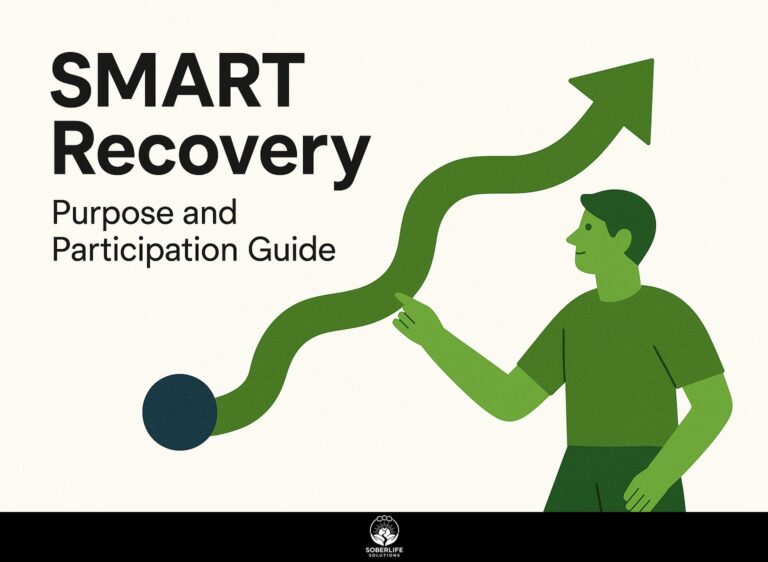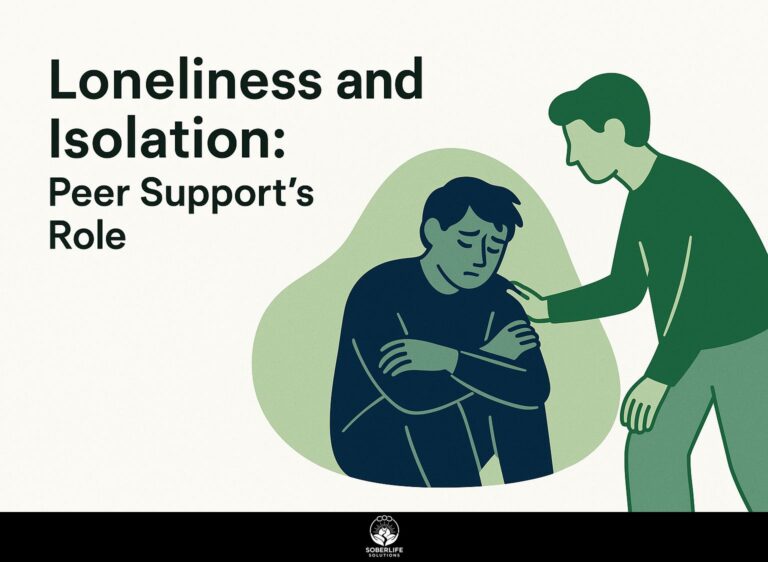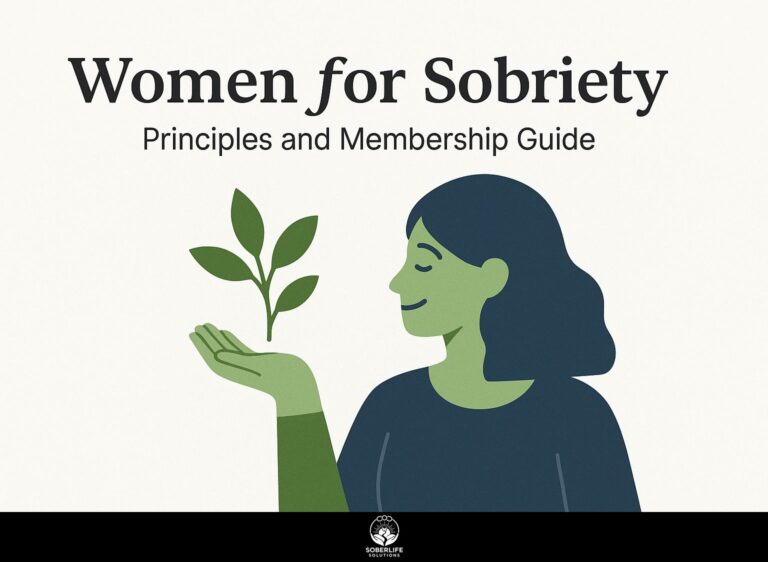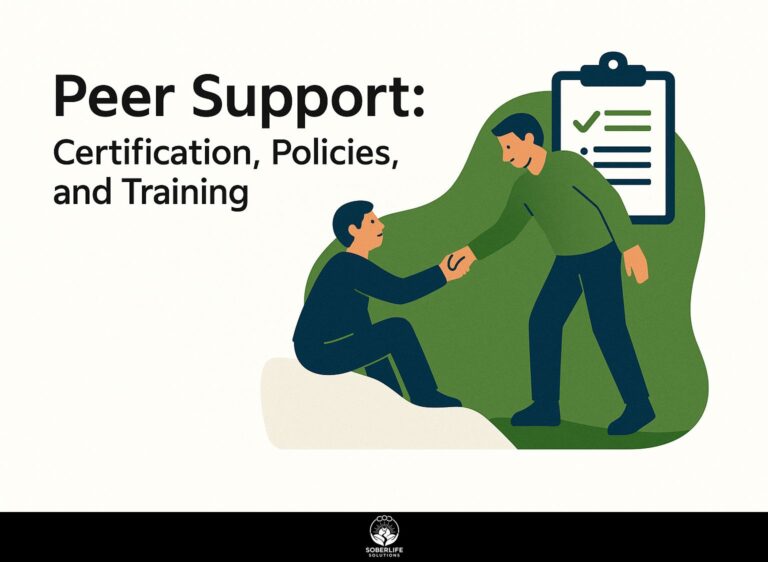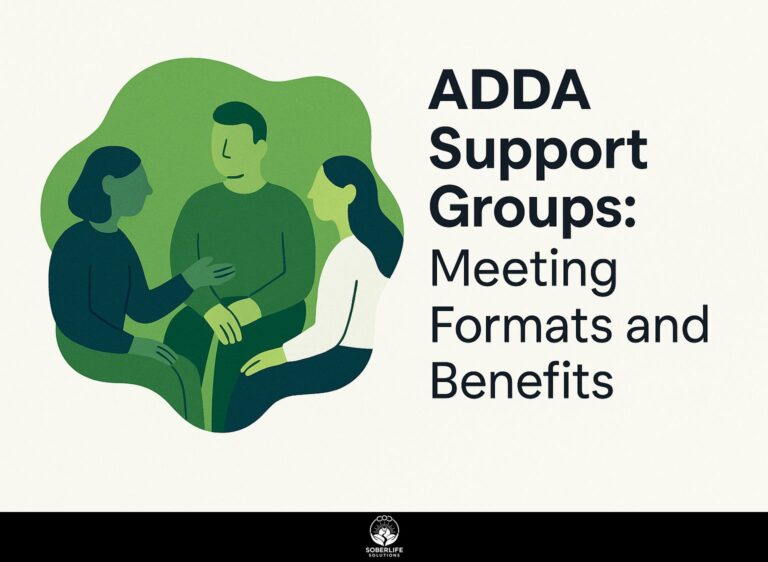Peer Support Groups: Definition, Benefits, and Activities
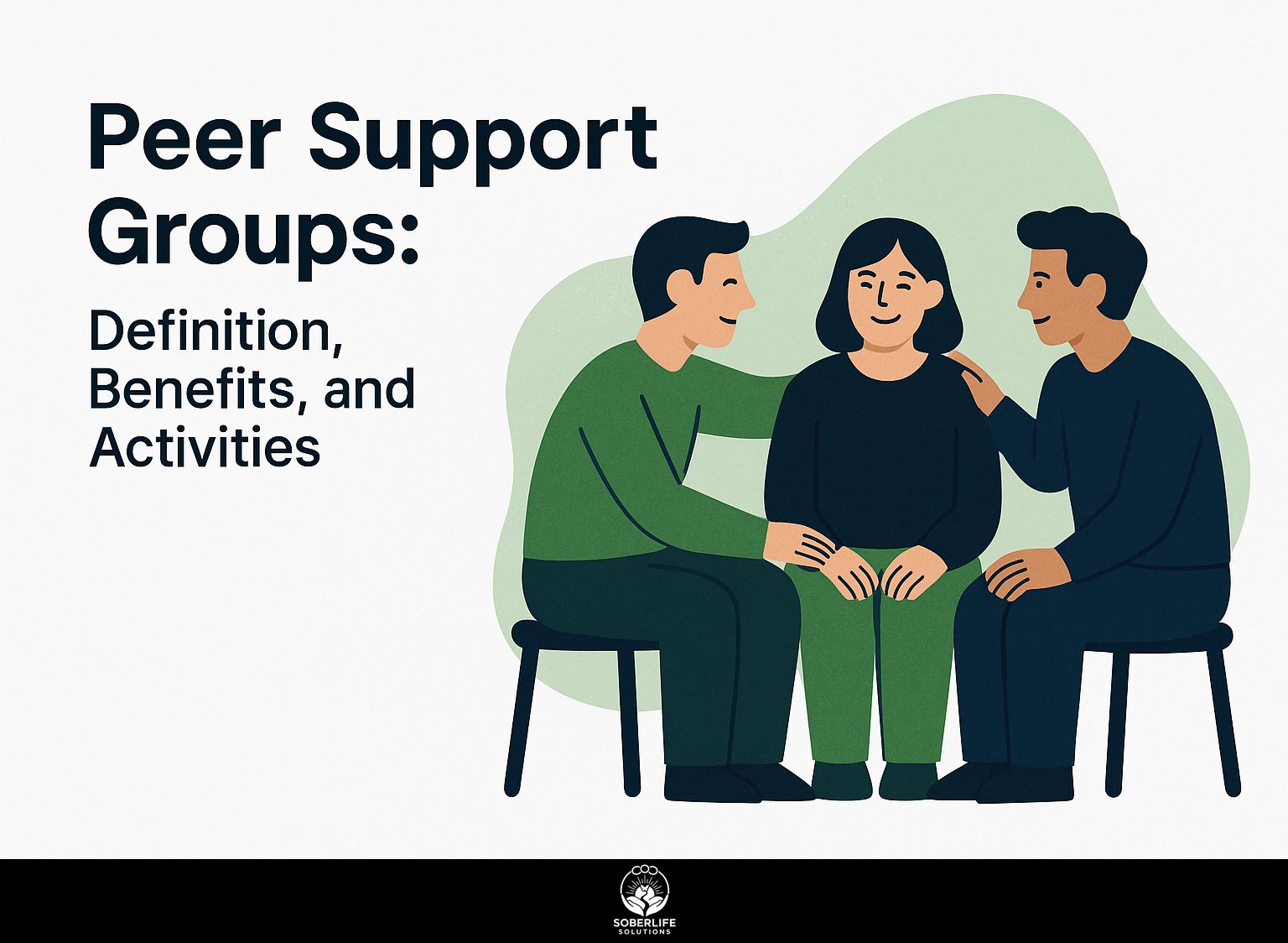
Peer support groups are important resources for people dealing with health issues, providing a community that improves well-being. Whether in healthcare settings or through dedicated peer support programs, these groups offer important help for caregivers and build connections among people facing similar challenges. This article discusses the meaning, advantages, and activities of peer support groups, showing how they help participants and build meaningful connections. Learn how being part of a peer support group can improve your path to better health.
Key Takeaways:
- Peer support groups offer comfort, build friendships, and give members confidence.
- Informal and formal groups, as well as online and in-person groups, offer different types of support and connections.
- Activities like discussion sessions and workshops help group members build skills and work through challenges together.
What Are Peer Support Groups?
Peer support groups are structured settings where individuals facing similar health conditions come together to share experiences, challenges, and coping strategies.
These groups typically consist of people dealing with chronic diseases like diabetes or mental health issues such as depression and anxiety. Members engage in facilitated discussions, often guided by a peer leader who provides support while ensuring a safe environment.
Resources like online platforms (e.g., Facebook groups) or local community centers can help form these groups. For example, a diabetes support group might meet weekly to talk about lifestyle changes and share recipes, helping members stay responsible and motivated.
History and Evolution
The evolution of peer support groups can be traced back to the 1970s, when community-based initiatives began to address the emotional needs of individuals facing chronic health conditions.
One of the important organizations was the Alzheimer’s Association, started in 1980. It gave support and education for families affected by Alzheimer’s disease.
Another significant milestone occurred in the 1990s with the establishment of online support groups, expanding accessibility beyond local communities. This shift is well-documented in a recent publication by Taylor & Francis, highlighting how technology broadened the reach of peer support.
These changes have helped people and improved healthcare by encouraging teamwork among patients, caregivers, and health professionals, leading to better emotional well-being and health results.
Benefits of Peer Support Groups
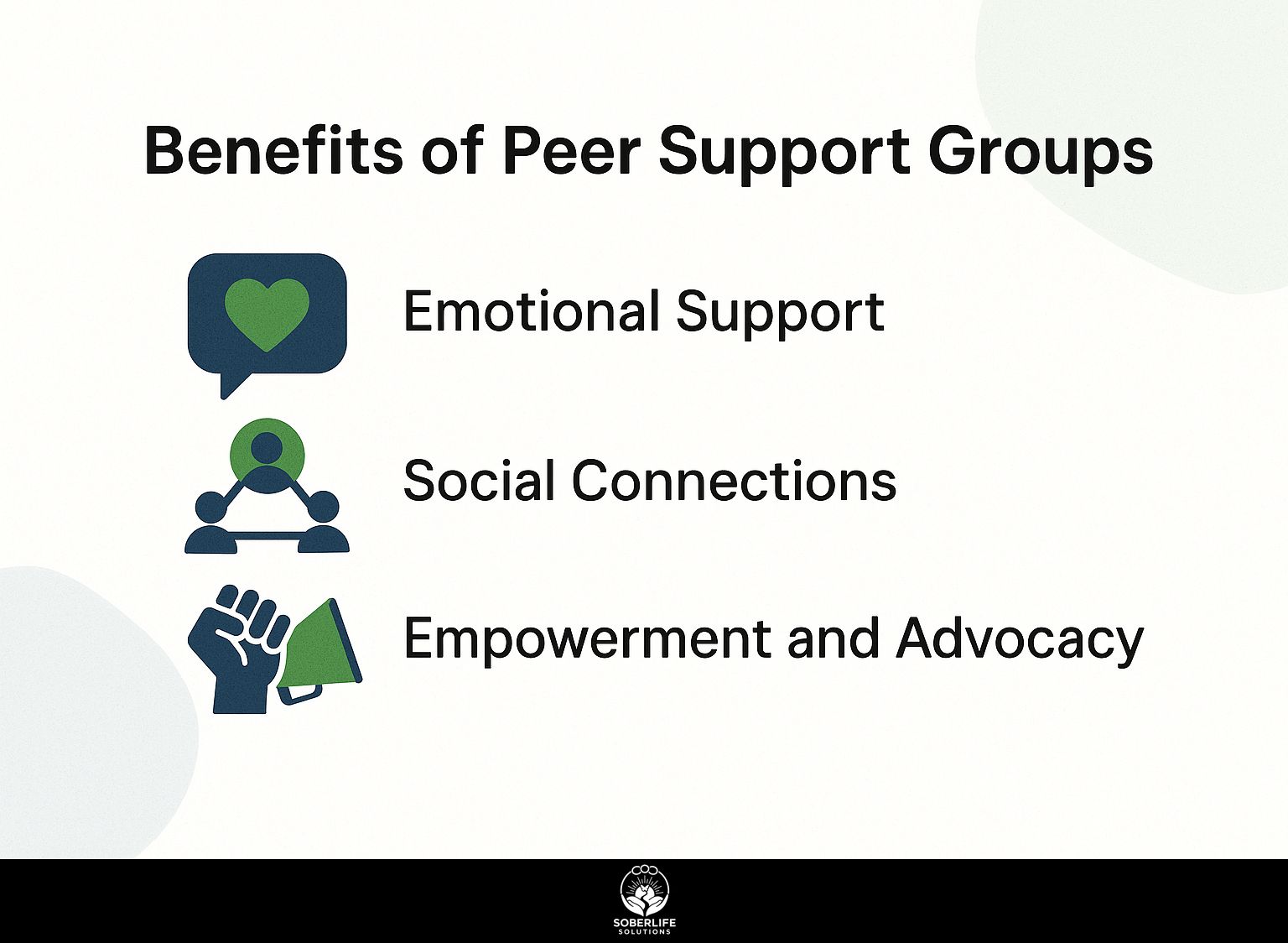
Peer support groups provide many benefits, like better emotional well-being, making connections, and helping people with chronic illnesses feel more in charge of their lives.
Emotional Support
Participants in peer support groups often report a significant decrease in emotional distress, with many utilizing shared coping strategies to manage their health conditions effectively.
One effective strategy is the practice of storytelling, where members share personal experiences and challenges. For example, a participant in a chronic illness group reported feeling less isolated after hearing how others cope with similar symptoms.
Quantitative studies reveal that participants experience a 30% reduction in anxiety levels and a notable improvement in coping skills, measured through pre- and post-group surveys. These findings are reinforced by research published in the MDPI journal, which evaluates the perceived benefits of peer support groups and their role in enhancing emotional well-being.
Tools like mental health apps for mindfulness exercises increase these benefits, giving members methods to practice outside of meetings.
Social Connections
Research indicates that individuals involved in peer support groups experience improved social connections, reducing feelings of isolation often associated with chronic illnesses.
These groups create chances to meet people, which can result in long-term friendships and working together. For instance, a study from the Journal of Health Psychology showed that 75% of participants felt an increased sense of belonging after attending just a few sessions.
Websites like Meetup and Facebook Groups help people find local or online groups that match their personal situations. By joining such groups, members can share experiences, exchange resources, and provide emotional support, enhancing their overall well-being. Supporting this, findings from the World Health Organization highlight the crucial role of social connection in improving health outcomes and reducing the risk of early death. Additionally, the rise of virtual recovery groups has further expanded the accessibility and inclusivity of support networks for individuals seeking help.
Empowerment and Advocacy
Members of peer support groups often feel encouraged to speak up, share their experiences, and try to change healthcare practices.
For example, participants like Jane Smith and Tom Johnson have shared their personal stories and taken on leadership roles in their communities.
Jane successfully lobbied for better access to mental health services, leading to a 30% increase in local funding. Tom, at the same time, set up workshops that helped more than 50 people to push for changes in policy at city hall.
Studies indicate that 60% of peer support members feel more confident in advocating for health policies, showing the strong link between empowerment and effective advocacy.
Types of Peer Support Groups
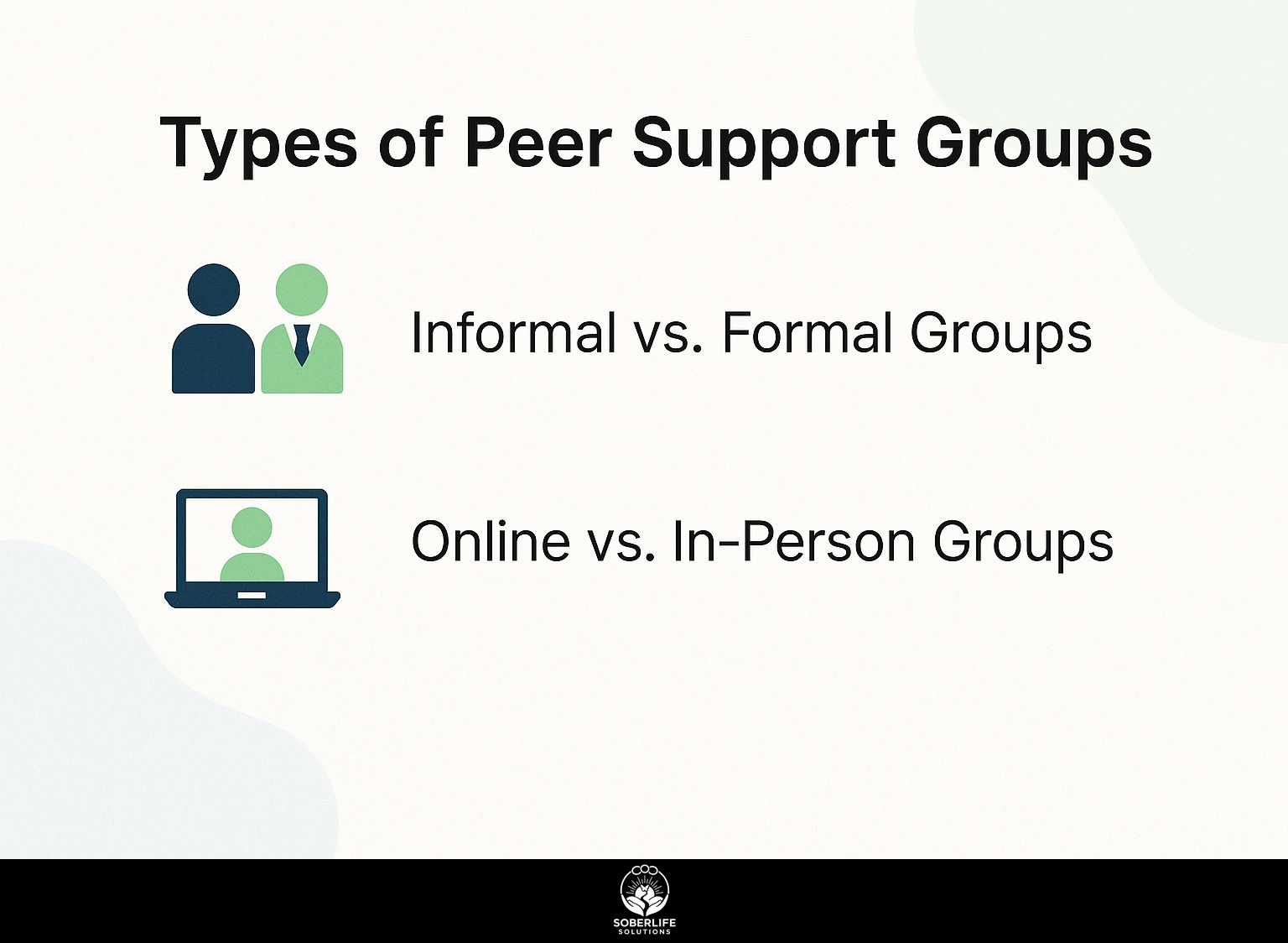
Knowing the different kinds of peer support groups can help people pick the one that fits their need for connection and help. One hidden gem in this area is the rise of virtual recovery groups, offering flexible and accessible support options for those seeking connection.
Informal vs. Formal Groups
Informal peer support groups often emerge spontaneously, while formal groups are usually organized by healthcare professionals or community organizations with specific guidelines.
Informal groups have a flexible structure, letting members share experiences in a relaxed setting, which can help with emotional relief. They may lack defined goals and accountability.
On the other hand, formal groups usually stick to a planned schedule, encouraging organized talks and clear results, which can create a feeling of purpose. For instance, a formal group may focus on recovery milestones, while an informal group might simply share day-to-day challenges.
Informal help encourages friendship, while formal help offers advice and keeps things safe.
Online vs. In-Person Groups
Digital communication has changed peer support by providing online spaces for people to connect as well as traditional face-to-face group meetings.
Both online and in-person peer support groups have distinct advantages and disadvantages.
Online groups let people join from any location, while in-person groups improve face-to-face interaction and emotional bonding.
Online interactions can sometimes feel less engaging because of distractions, while face-to-face meetings support more thorough conversations.
Effectiveness metrics also differ; studies indicate that online groups are beneficial for individuals unable to travel, but in-person meetings often lead to higher retention rates. Worth exploring: virtual recovery groups trending as they offer unique benefits for those seeking flexible support options.
In the end, deciding between the two is about what each person likes and needs.
Activities in Peer Support Groups
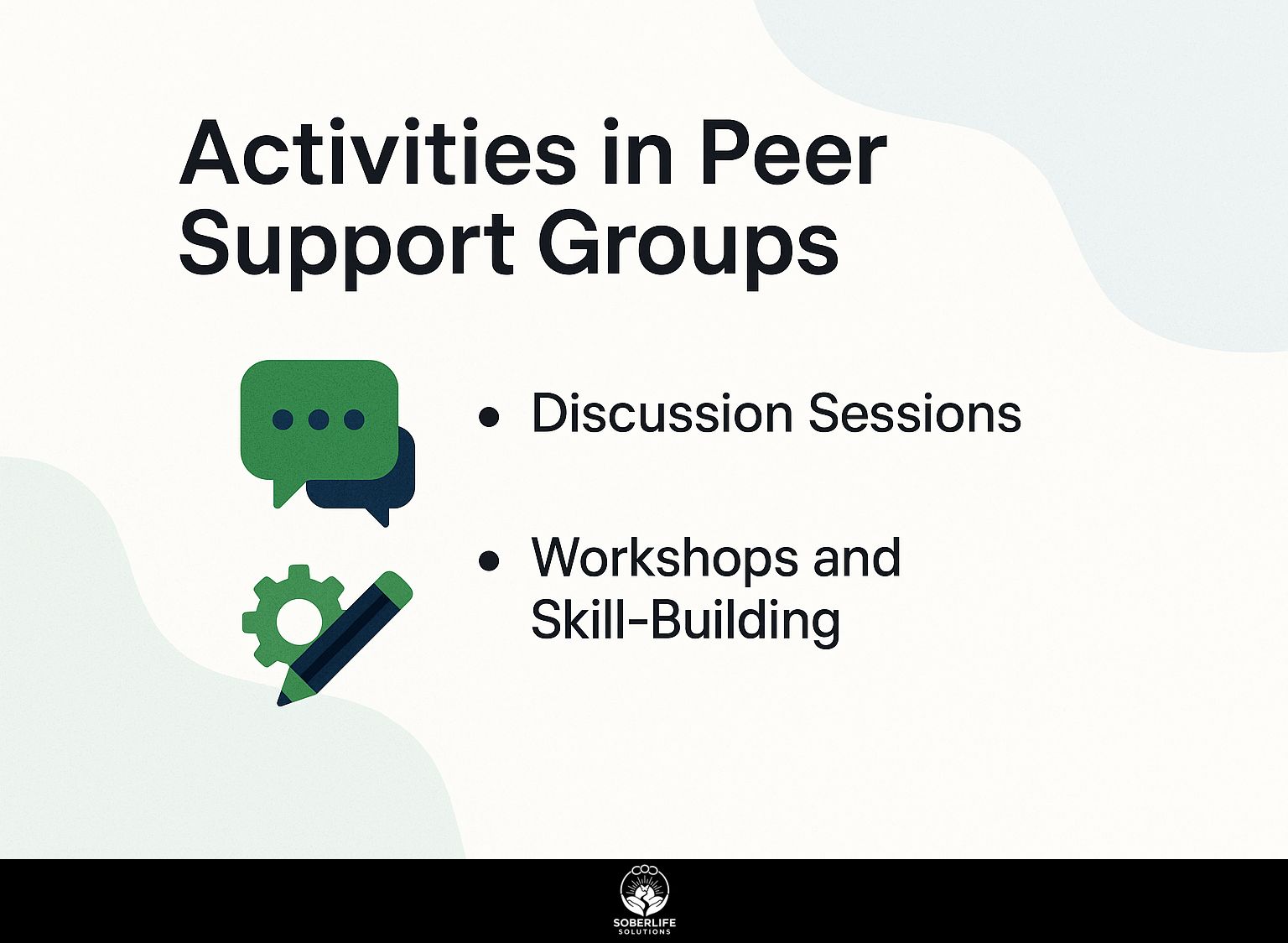
Activities in peer support groups range from discussion meetings to practical workshops designed to develop skills.
Discussion Sessions
Discussion sessions are very important for peer support groups, providing members a safe place to share their experiences and feelings.
These sessions create a platform for participants to articulate their challenges and receive constructive feedback.
For example, a session could begin with someone describing their experience with depression, which encourages others to share ways they have managed it. This exchange helps people develop empathy and gives them practical methods like mindfulness exercises or journaling habits.
Studies show that regular participation can increase emotional resilience by up to 30%, significantly improving members’ overall well-being.
Workshops and Skill-Building
Workshops and training activities give group members practical tools and strategies to manage their health conditions well.
These workshops often cover topics like nutrition, stress management, and exercise techniques.
For instance, a workshop focusing on mindfulness might teach breathing exercises and meditation, enabling participants to reduce stress and improve emotional well-being.
Comments from previous participants show how important peer support is. Many have said that talking about their experiences in these sessions helps build a feeling of togetherness.
Learning skills like meal planning and creating workout routines helps participants make long-lasting lifestyle changes after the workshops.
Challenges Faced by Peer Support Groups
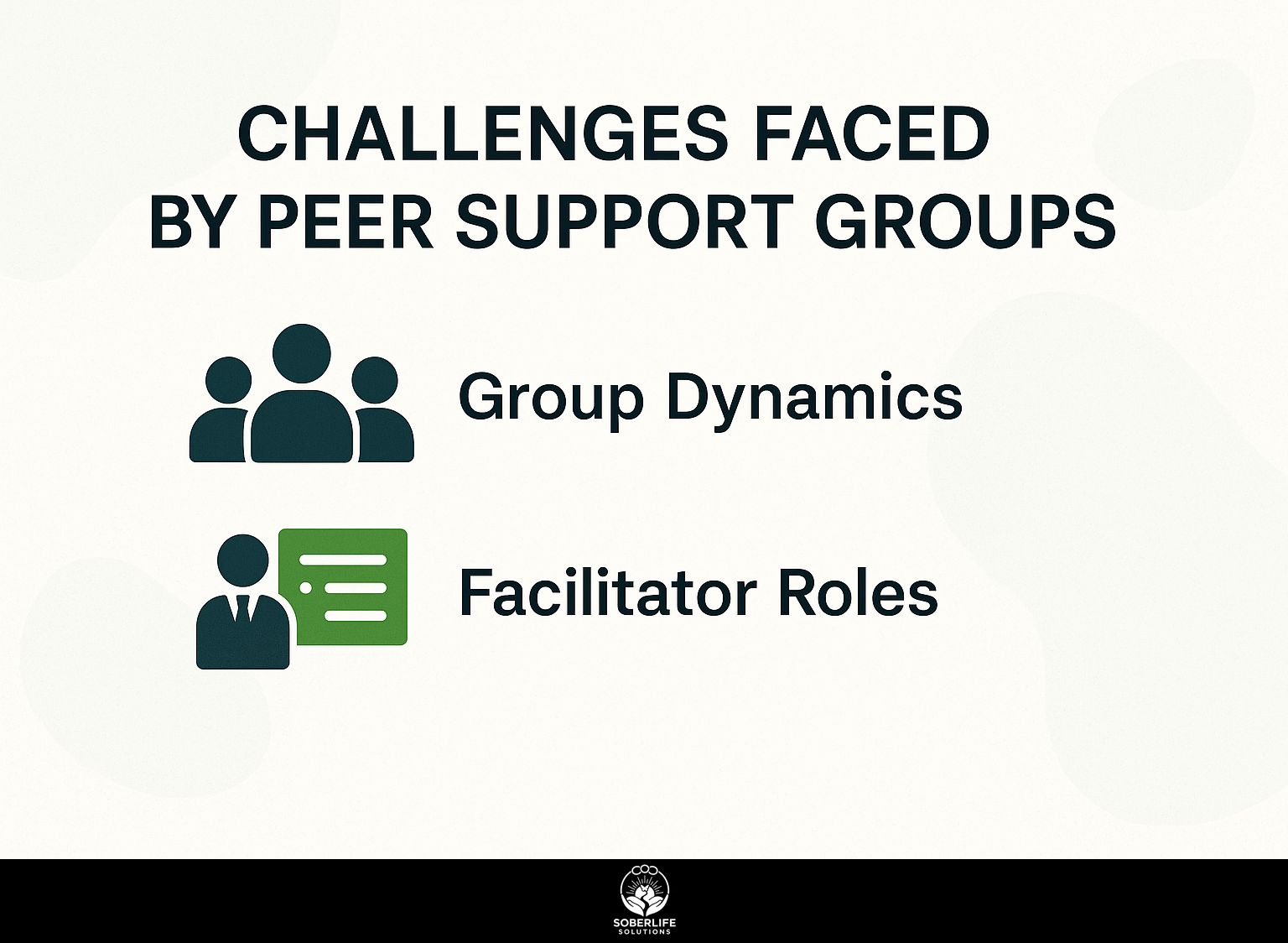
Peer support groups face many difficulties that can reduce their success and long-term viability. These challenges often include setting boundaries, a critical aspect that can impact the effectiveness of support systems -a concept thoroughly explored in our guide on setting boundaries in recovery.
Group Dynamics
How people behave in groups can greatly impact the effectiveness of peer support groups, affecting how well members communicate and participate.
To handle issues like conflicts or lack of involvement, facilitators can use various methods.
- First, establish clear group norms and guidelines that promote respect and openness.
- For instance, creating a ‘no interruption’ policy encourages active listening.
- Using icebreakers can help new members feel more comfortable and engaged.
- Regular updates during the meeting let attendees share what they feel and go through, creating a welcoming environment.
- Training in conflict resolution skills can help facilitators solve problems quickly and positively.
Facilitator Roles
Facilitators play a key role in managing issues in peer support groups, making sure discussions remain useful and effective.
Effective facilitators possess strong communication skills and emotional intelligence, enabling them to create a safe space for participants. They often use methods like active listening, where they repeat and clear up participants’ points to make sure they understand.
They can guide discussions by asking open-ended questions that encourage deeper reflection, like ‘What has been your biggest challenge this week?’ Strong facilitation has been linked to increased group cohesion and positive outcomes; for instance, in a mental health support group, facilitators who implemented these techniques saw a 30% increase in participant satisfaction.
Frequently Asked Questions
What are peer support groups?
Peer support groups are structured and facilitated gatherings of individuals who share a common experience or challenge. These groups provide a safe and supportive environment for individuals to connect and support each other.
What are the benefits of participating in a peer support group?
The benefits of joining a peer support group include getting emotional help, learning from others who have had similar experiences, feeling a sense of belonging, and building coping skills. Peer support groups help people feel more confident and improve their mental health and well-being.
What types of activities are typically included in peer support groups?
Activities in peer support groups may vary, but common ones include sharing personal experiences, providing encouragement and support to others, learning new coping skills, and participating in group discussions or workshops focused on a specific topic or challenge.
Are peer support groups only for individuals with mental health challenges?
No, peer support groups can be beneficial for anyone facing any type of challenge or life transition. They can be helpful for individuals dealing with mental health challenges, physical health conditions, addiction, grief, or any other personal struggle.
Can peer support groups replace therapy or other professional mental health treatment?
No, peer support groups should not be seen as a replacement for therapy or other professional mental health treatment. These services can be useful, but people should still talk to a mental health professional if they need help.
How can I find a peer support group in my area?
You can find peer support groups in your area by contacting local mental health organizations, asking your healthcare provider for recommendations, or searching online for peer support groups specific to your challenge or need. You can also reach out to community centers or faith-based organizations for information on local support groups.

